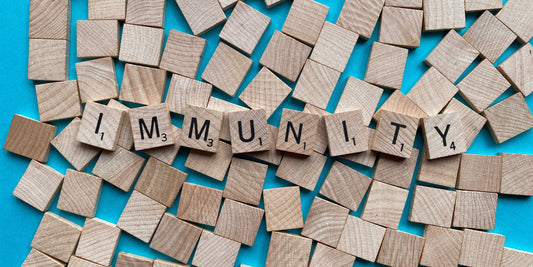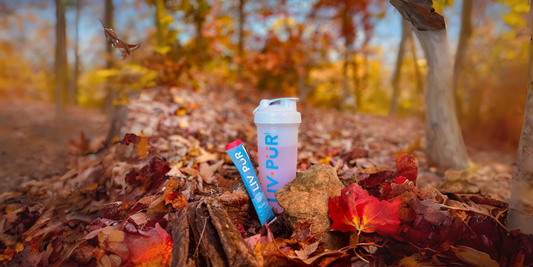So, you have been seeing the buzz around being plant-based, vegetarian or vegan. However, you wonder what the positives of introducing more plants to your diet will have. You will be surprised how easy it is to incorporate and all the amazing benefits you will feel.
What is Plant-Based?
First, let's define what plant-based really is. Medical professionals define a plant-based diet as including fruits, vegetables, whole grains, legumes, nuts, seeds, herbs, and spices. A Plant-based diet omits animal products like red meat, poultry, and fish. Vegan is a plant-based diet that excludes all animal products including eggs and dairy.
What are the Medical Benefits?
For years, dieticians and medical professionals have supported including more plants and less meat in diets. This swap could lead to lowering your risk of hypertension or stroke. JAMA Internal Medicine explores data from almost 40 studies and found that those who follow a vegetarian diet had lower blood pressure on average than those who ate meat and plants.
Research shows that more plants in your diet can help you slim down, too. A study found that the human body digests whole grains and vegetables and has a low glycemic index. This means that your body takes longer to digest those foods. Fruit also is full of fiber.
It Helps the Planet, Too
Factory farms produce waste that seeps into the soil, water, and air. Limiting meat will limit the amount of pollution produced. Factory farms can also contaminate waterways including rivers and streams that empty into the ocean. This has been linked to dead zones in ocean habitats, such as in the Gulf of Mexico, where some of the largest dead zones in the world have been observed.
How to Start a Plant-Based Diet
Like any change, it helps to move slowly. This will ensure that it becomes a permanent adoption. The first step is to eat more veggies. To do this, fill half of your plate with vegetables. Don't shy away from all the beautiful colors of the rainbow. Throw some hummus, salsa, or guacamole on your plate. Don't forget the healthy fats! Olives, nuts, nut butters, seeds, olive oil, etc. Are important to any diet. Healthy fats keep you full.
If you don't think you can get rid of all the meat, then start with smaller amounts. Use it as a garnish instead of the main entree. At the very least, try to make at least one vegetarian meal a week. It helps to build these meals around beans, whole grains, and vegetables.
Don't forget a crisp apple or refreshing slice of watermelon for dessert!
How Can I Convince My Family to Eat Less Meat?
It is difficult to make a dietary change yourself, however, it is even harder to convince others to participate. It helps to explain to others why you want to make the change. Talk about your concerns to your partner, children, or roommates. Then, involve them with meal prepping and planning. A taco bar with jackfruit instead of meat or plant-based toppings for pizza could turn any meal vegetarian. It definitely helps to put a meatless twist on favorite dishes. This helps make the fact of meat being missing a non-factor.
More Resources
If you need more resources about being plant-based, here are some great articles for you to read more about adopting a plant-based lifestyle.




